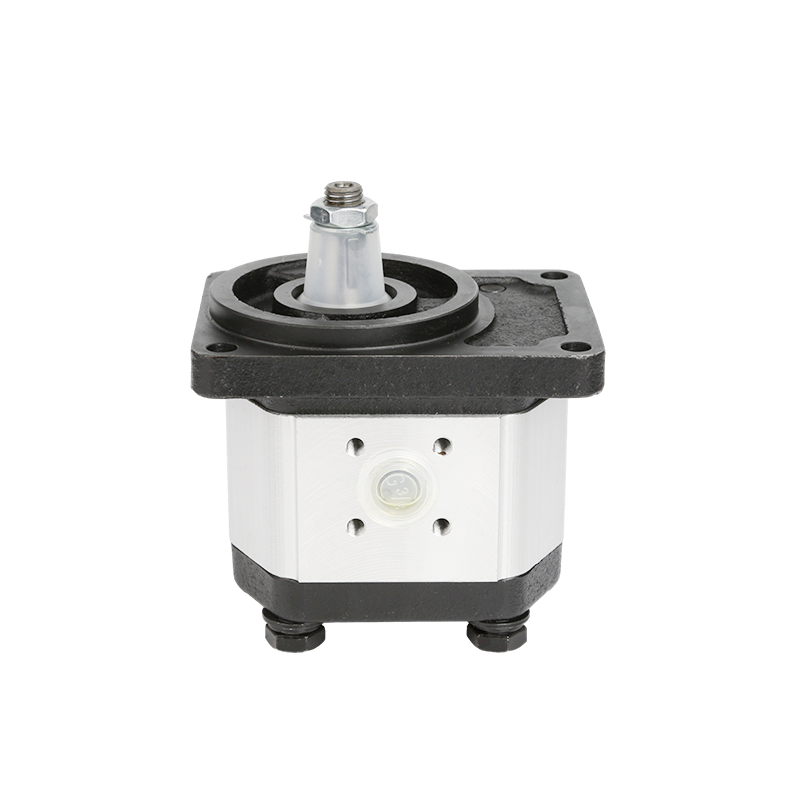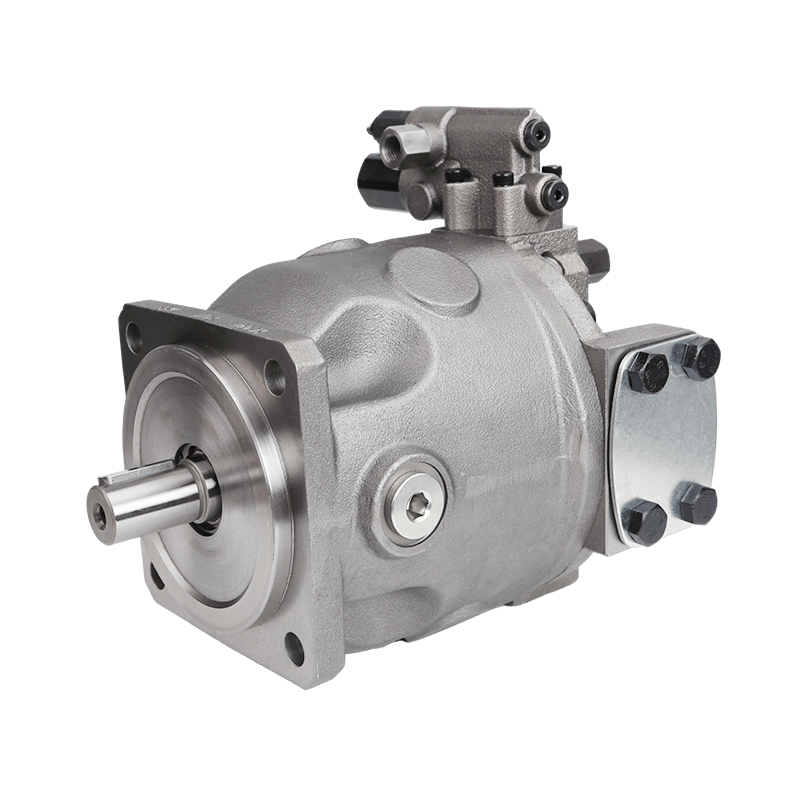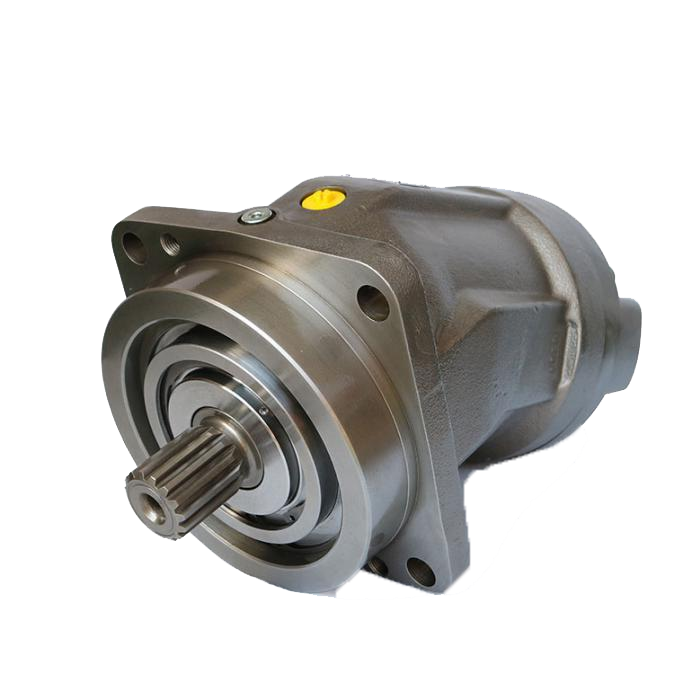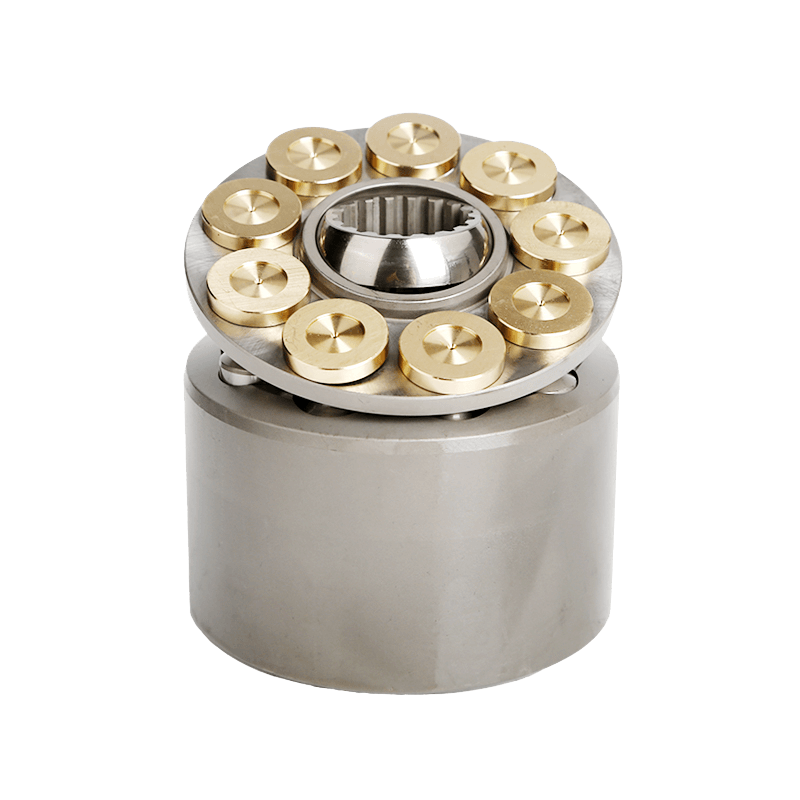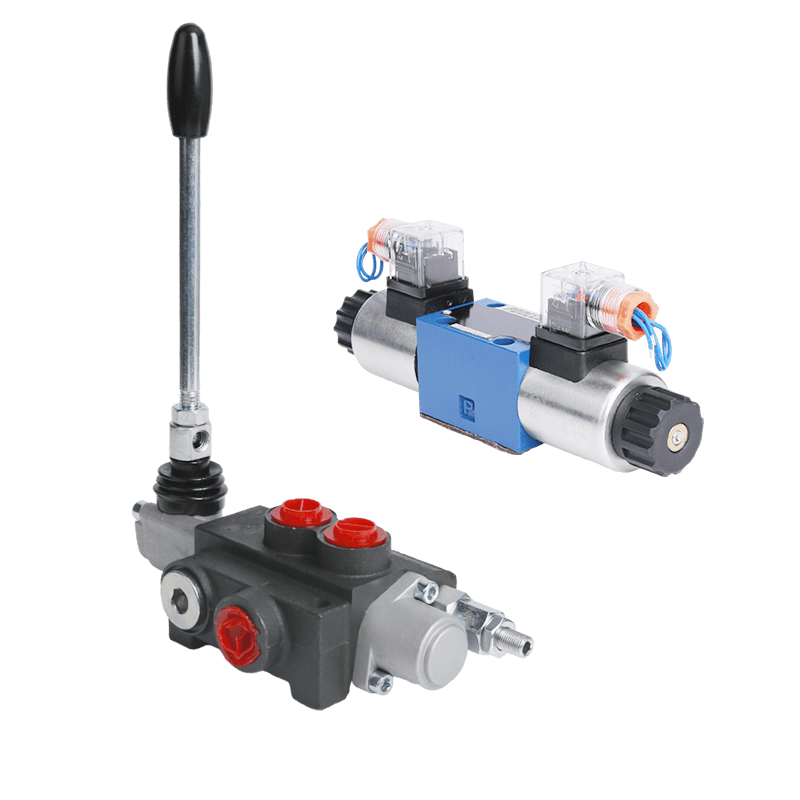Introduction to Hydraulic System Over-Pressurization
Hydraulic systems run many machines, like construction gear and factory equipment. But trouble starts when hydraulic system over-pressurization happens. This is when pressure goes past what hydraulic pumps and motors can safely handle. For technicians and engineers, knowing about this problem is key to keeping systems smooth and safe. Hydraulic pumps over-pressurization and hydraulic motors over-pressurization can cause big damage if not addressed. This guide explains what over-pressurization does, why it happens, and how to stop it. It helps you keep your hydraulic pump and motor working well for a long time.
Understanding Hydraulic Pump and Motor Over-Pressurization
What Causes Hydraulic Pumps Over-Pressurization?
Hydraulic pumps over-pressurization takes place when pressure in a system goes beyond the pump’s safe limit. A few things can make this happen. Wrong pressure settings can push the system too hard. Clogs in hoses or valves can trap pressure, building it up. Using parts that are too small, like tiny pumps or cylinders, is another reason. When this occurs, the hydraulic pump and motor get too much stress. This can lead to harm or total breakdown. Sticking to the maker’s pressure rules is important to avoid these issues and keep things running safely.

Effects on Hydraulic Motors Over-Pressurization
Hydraulic motors over-pressurization affects the motor side of the system. When pressure jumps, motors face more wear on parts like shafts and bearings. Over time, this can cause parts to shift or break. The trouble doesn’t stay with the motor. High pressure can affect other pieces, like cylinders and hoses. This creates a chain reaction. One over-pressurized part can hurt the whole hydraulic system. Spotting these risks early can save you from expensive fixes. It keeps your hydraulic pump and motor working right.

Negative Impacts of Hydraulic System Over-Pressurization
Mechanical Damage to Hydraulic Pump and Motor
Hydraulic system over-pressurization puts heavy strain on system parts. Too much pressure wears out motors, cylinders, and hoses faster than usual. Small pieces, like cylinder rods, might bend under the stress. This can cause the whole system to fail. Such damage cuts down the life of your hydraulic pump and motor. Over time, ongoing over-pressurization turns small wear into huge problems. Checking regularly and managing pressure well are vital. They help avoid costly damage and keep the system dependable.
Component Separation in Hydraulic Systems
Another bad effect of hydraulic pumps over-pressurization is parts coming apart. High pressure can make things like O-rings, hose connections, or pump covers break or twist. For example, in gear pumps, bolts that hold the pump together might stretch or lose threads. In orbital motors, too much pressure can make them lock up. This damages inner parts or breaks shafts. These failures cause leaks and weaker performance. Fixing broken parts can cost a lot. Preventing hydraulic system over-pressurization is the best way to dodge these issues.
Reduced Fluid Lubrication and System Efficiency
Hydraulic fluid keeps moving parts in pumps and motors smooth. But hydraulic motors over-pressurization messes this up. High pressure can push shafts out of place. This shrinks the space for fluid to flow. On one side, metal parts rub together, causing scratches and wear. On the other side, fluid leaks out under pressure. These problems make the system less efficient. They also cause early damage. If not fixed, hydraulic system over-pressurization can lead to complete system failure. Controlling pressure properly is super important.
How to Prevent Hydraulic Pumps Over-Pressurization

Routine Maintenance for Hydraulic Pump and Motor
Stopping hydraulic pumps over-pressurization begins with regular care. Technicians should check pumps, motors, valves, and pressure switches often. These checks find small problems before they get big. Watching pressure relief settings is key, especially with a new hydraulic pump and motor. A new pump might create too much flow for the system. This can cause over-pressurization. Being active with upkeep keeps pressure levels safe. It also makes your hydraulic system last longer.
Proper System Design and Component Sizing
Picking the right parts helps avoid hydraulic system over-pressurization. Pumps, motors, and cylinders need to fit the system’s demands. If parts are too small, they can’t handle the needed pressure. This causes strain. Redesigning with correctly sized parts fixes ongoing over-pressurization problems. Talking to makers or experts helps you choose the best hydraulic pump and motor. A well-planned system works smoothly. It lowers the chance of pressure-related harm.
Optimizing Case Drain Lines
Case drain lines are important for preventing hydraulic motors over-pressurization. These lines should send fluid straight to the tank with little back pressure. Tight filters can cause pressure to build up. Bigger filters work better. Technicians should check case drain pressure often. If pressure grows in these lines, it can harm the hydraulic pump and motor. Keeping case drain lines clear and efficient helps maintain safe pressure across the system.
Troubleshooting Hydraulic Motors Over-Pressurization
Identifying Over-Pressurization Symptoms
Catching hydraulic system over-pressurization early can save your system from serious harm. Look for odd sounds, like grinding or whining, from the pump or motor. Leaks, overheating, or slow performance are other signs. Technicians can use tools like pressure gauges and flow meters to check for hydraulic pumps over-pressurization. Acting fast when you see these signs stops more damage to the hydraulic pump and motor. It keeps the system running well.
Addressing Over-Pressurization Causes
When you find over-pressurization, figure out why it’s happening. Start by looking for clogs in hoses, valves, or filters. These can trap pressure. Resetting pressure settings to match maker guidelines is another step. If parts are damaged, replace them quickly. This stops hydraulic motors over-pressurization from coming back. Fixing these issues brings the system back to normal. It also prevents future pressure spikes.
Why Choose POOCCA for Hydraulic Solutions?
For trusty hydraulic pump and motor answers, POOCCA shines with over 20 years of know-how. Their Customization Service gives gear, piston, and vane pumps and motors at factory prices. They come with a 12-month promise. POOCCA helps industries worldwide with top-quality products and quick shipping. Whether you need standard parts or custom designs, POOCCA can help. Visit kamchau.com to check out their hydraulic pump and motor solutions and improve your systems today.
FAQs About Hydraulic System Over-Pressurization
What Causes Hydraulic Pumps Over-Pressurization?
Wrong pressure settings, clogs, or small parts can lead to hydraulic pumps over-pressurization. This stresses the hydraulic pump and motor.
How Does Hydraulic Motors Over-Pressurization Affect Performance?
Hydraulic motors over-pressurization causes wear, shifting parts, and possible motor failure. It hurts the whole hydraulic system.
How Can I Prevent Hydraulic System Over-Pressurization?
Regular checks, right-sized parts, and clear case drain lines protect your hydraulic pump and motor from hydraulic system over-pressurization.
What Are the Signs of Hydraulic Pumps Over-Pressurization?
Odd noises, leaks, or overheating show hydraulic pumps over-pressurization. These need quick attention.
Conclusion: Safeguarding Your Hydraulic Systems
Hydraulic pumps over-pressurization and hydraulic motors over-pressurization can lead to big problems. They cause part damage, failures, and less efficiency. These issues bring costly fixes and downtime. But regular care, good system design, and clear case drain lines can stop hydraulic system over-pressurization. These steps make your hydraulic pump and motor last longer and work better. Ready to keep your systems safe from over-pressurization? Go to kamchau.com to see POOCCA’s custom hydraulic pump and motor solutions or contact them for expert help today!

